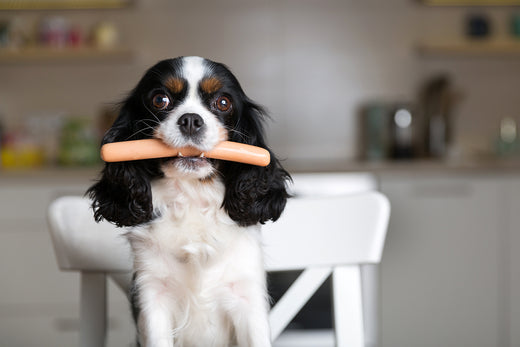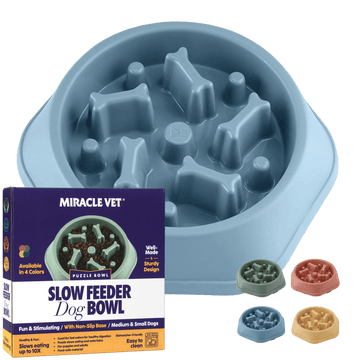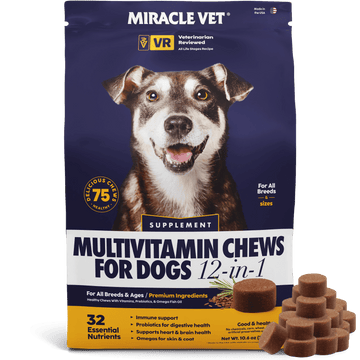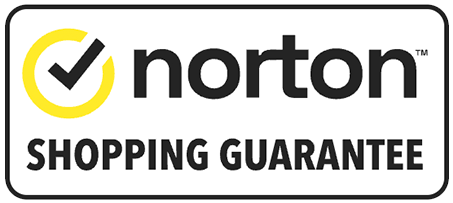Like humans, dogs gain weight when they eat more calories than they burn. Unless your dog is underweight, you should be careful about the food and treats you give them to avoid too much weight gain or obesity.
As a responsible dog owner you should be aware of the foods that are high in calories and can contribute to weight gain in dogs:
- High-fat foods: Foods that are high in fat, such as bacon, sausage, and cheese, can be very tasty to dogs but are also high in calories. These foods can also contribute to other health problems like pancreatitis.
- Human food: Feeding your dog table scraps or human food can cause them to gain weight quickly. Many human foods are high in calories, fat, and sugar and can be harmful to dogs if they contain ingredients that are toxic to them.
- Treats: While treats can be an excellent way to reward your dog for good behavior, they should be given in moderation. Many dog treats are high in calories, so it's important to choose treats that are low in calories or feed them sparingly if your dog is a healthy weight.
- Carbohydrates: Carbohydrates like rice, potatoes, and bread can be high in calories and can contribute to weight gain in dogs.
- Commercial dog food: Not all commercial dog foods are created equal. Some dog foods are high in calories and may not provide the right balance of nutrients for your dog's needs. Always check the ingredients and nutritional information on the label before purchasing dog food.
Excessive weight gain in dogs can be harmful to their health, leading to joint problems, heart disease, and other health problems so making sure they are a healthy weight is very important. To check your dogs ideal weight have a look at our blog post.
My Dog is underweight. How do I help them gain weight?
If your dog is underweight, there are several things you can do to help them gain weight healthily:
- Increase the amount of food: One of the most common reasons for underweight dogs is that they are not eating enough. Increase the amount of food you are feeding your dog, but do it gradually over several days to avoid stomach upset. You can mix in natural high calorie foods or a liquid weight gainer with their normal food to help them get necessary calories and nutrients.
- Choose a high-quality dog food: Look for a high-quality dog food that is high in protein and fat to help your dog gain weight. Avoid low-quality foods that are high in fillers and carbohydrates.
- Add some healthy supplements: Consider adding some healthy supplements to your dog's diet, such as fish oil or coconut oil, to provide extra calories and nutrients.
- Feed smaller meals more frequently: If your dog has a small appetite, try feeding them smaller meals more frequently throughout the day.
- Consult with a veterinarian: If your dog is significantly underweight or has a medical condition that is contributing to their weight loss, it is important to consult with a veterinarian. They can help you develop a feeding plan and recommend any necessary medical treatments.
Remember to be patient and monitor your dog's weight gain progress. Gradual weight gain is healthier for dogs than rapid weight gain, so it may take several weeks or even months to get them to their healthy weight.
If you are concerned about your dog's weight, talk to your veterinarian about the best diet and exercise plan for your pet. For your dogs weight management and health needs take a look at our dog food and supplements.











